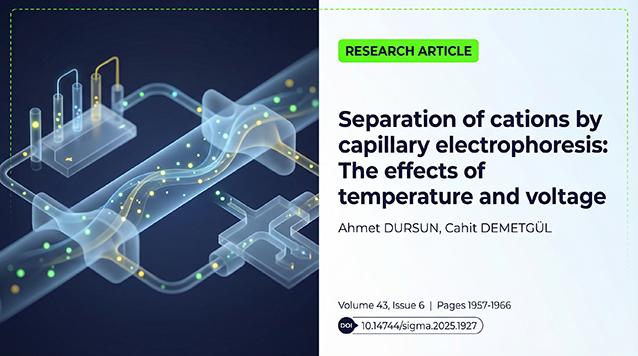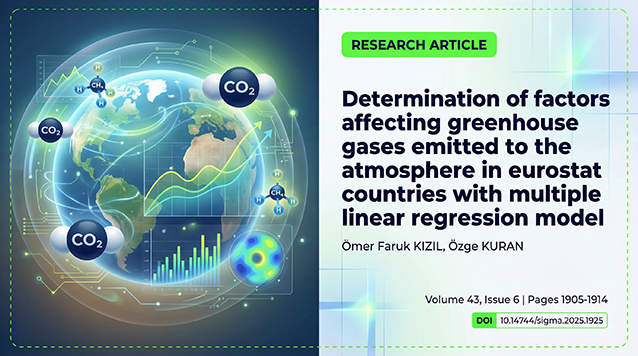2
Abstract
In today’s applications of composite materials, they are expected to have low density and high corrosion resistance with high strength. Because of the fact, thermosetting polymers are used in production of plastic matrix composites. However, in the recent times the idea of using thermoplastic matrix composites is spread because lightweight constructions are now in the focus. The reason of this is the advantages of thermoplastics such as lower density, higher chemical resistance, high strain and recyclability. In this study, polypropylene (PP), a kind of thermoplastic polymer, matrix composites were produced with continuous roving E-glass reinforcement. Maleic anhydride based two compatibilizers with different melt flow and tensile strength specifications applied to improve the bonding between e-glass fiber and polypropylene matrix of PP matrix composites. Produced composites were both mechanically and physically tested. After tensile test was done for mechanical characterization, tensile strength values were determined and fracture shapes were observed. For physical characterization, composites samples were calcinated in order to determine effect of fiber volume ratio. As a result, the application of bonding adhesive increased the strength of composite by 65%, and the increase in wetting and bonding effect on reinforcement was
observed in stereo light microscope photographs.
2Mir Araştırma ve Geliştirme A.Ş., Yıldız Teknik Üniversitesi Teknoparkı, Esenler-İSTANBUL
Kompozit malzemelerden, günümüz uygulamalarında, yüksek mukavemetle birlikte düşük yoğunluk ve yüksek korozyon direnci gibi özellikler de beklenmektedir. Bu kapsamda üretilen plastik matrisli kompozitlerde termoset matris kullanılmıştır. Ancak son zamanlarda hafif konstrüksiyon uygulamalarını arttırmaya doğru bir yönelme söz konusu olduğundan, termoplastik matrisli kompozitlerin kullanım fikri yaygınlaşmıştır. Bunun başlıca sebebi olarak termoplastiklerin daha düşük yoğunluğa, daha yüksek kimyasal dirence, yüksek gerinime sahip ve geri dönüşebilir olması gibi avantajları gösterilebilir. Bu sebeplerden yola çıkarak bu çalışmada termoplastik grubu bir polimer olan polipropilen (PP), bükümsüz sürekli E-camı fiber ile takviyelendirilerek üretilmiştir. PP kompozitlerde polipropilen matris ile e-camı fiber arasındaki yapışmayı iyileştirmek için maleik anhidrit bazlı, akış ve mukavemet özellikleri
birbirinden farklı olan iki uyumlaştırıcı malzeme tatbik edilerek üretimler gerçekleştirilmiştir. Üretilen kompozitlerin mekanik ve fiziksel özellikleri tespit edilmiştir. Mekanik özellikler için kompozitler çekme testine tabi tutulmuş ve mukavemet değerleri saptanarak kopma şekilleri gözlenmiştir. Fiziksel özelliklerde ise önce fiber hacim oranının etkisini saptayabilmek için numuneler kalsinasyon testine tabi tutulmuştur. Çalışma sonucunda uyumlaştırıcı
tatbikinin kompozit mukavemetini uyumlaştırıcısız kompozite göre %65 arttırdığı saptanmış ve uyumlaştırıcı kullanılan numunelerde takviye üzerindeki ıslanma ve yapışmanın artışı stereo mikroskobu fotoğraflarında görülmüştür















